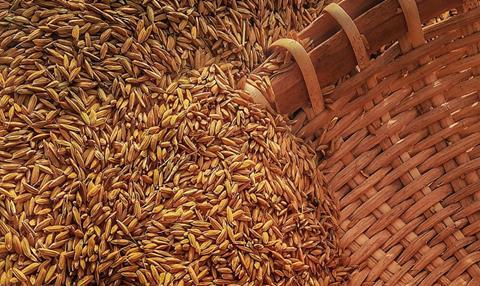Ukraine export infrastructure has been demolished after Russian missile attacks destroyed around 60,000 tonnes of grain, with grain prices already increasing as a result.

The attacks began mere hours after Russia pulled out of the Black Sea Grain Initiative, which guaranteed exports safe passage over the Black Sea.
Ukraine's ports were targeted in the early hours of Tuesday 18th June, with the attacks continuing through the night. Grain terminals and port infrastructure in Odesa and Chornomorsk fell to Russia's missiles, with both ports having previously been a part of the grain deal.
It is widely believed that grain used for livestock will become harder to source as result of these bombings. As well as this, flours and oils which rely on Ukrainian grain are expected to become less accessible, causing supply problems for manufacturers and retailers.
Late last year, Josep Borrell, the foreign policy chief for the EU told Russia that by jeopardising or attacking exports of grain and fertilisers from Ukraine would only make the current global food crisis in some countries worse.
According to the European Stock Exchange, wheat prices have already begun to increase across the globe, rising by 8.2% on Wednesday 20th July. Corn prices are up 5.4%, and it looks as though the figures will continue to rise.
An announcement by The Kremlin stated that from Thursday 20th July, any ships going to Ukraine ports will seen as 'siding with Kyiv', and Moscow has threatened to destroy ships seeking passage across the Black Sea.
Ukraine President Volodymyr Zelensky has accused Russia of purposefully targeting grain export infrastructure, as poorer and more vulnerable countries are now at risk of not getting the grain they need.
This story was originally published on a previous version of the Meat Management website and so there may be some missing images and formatting issues.















